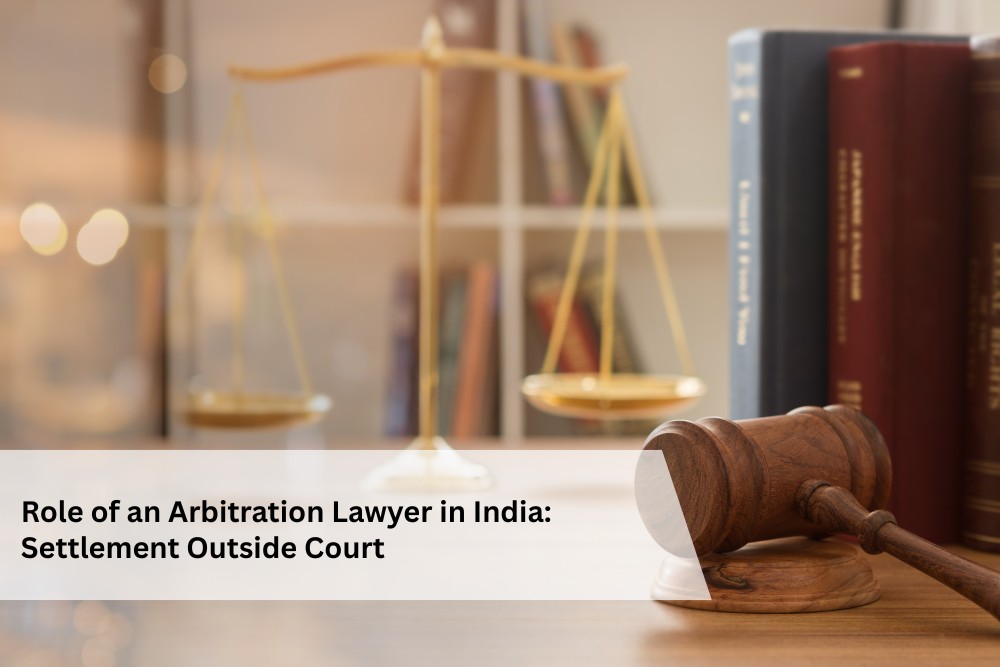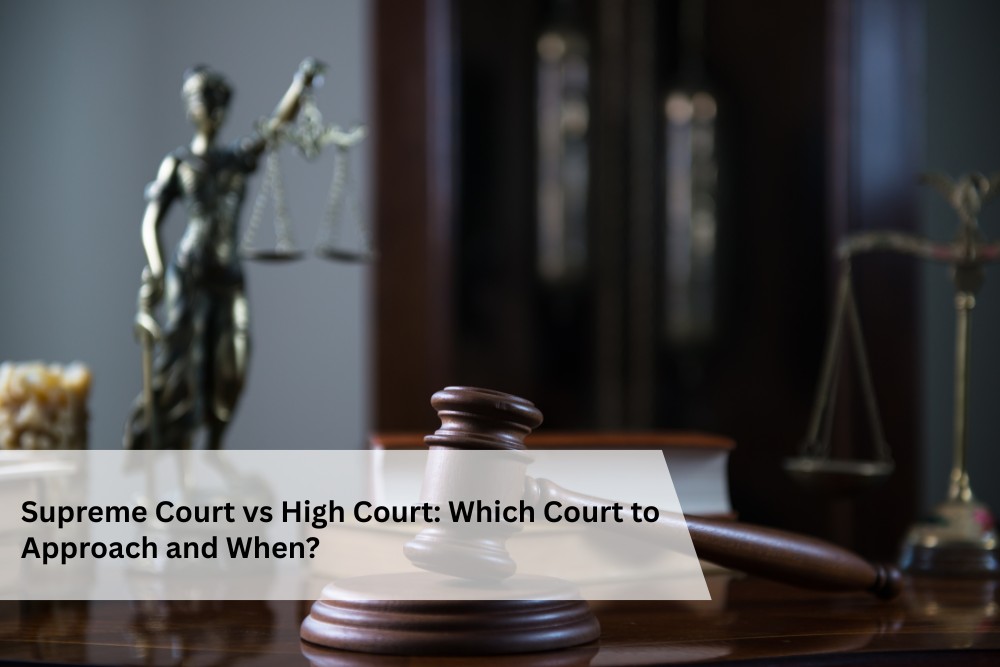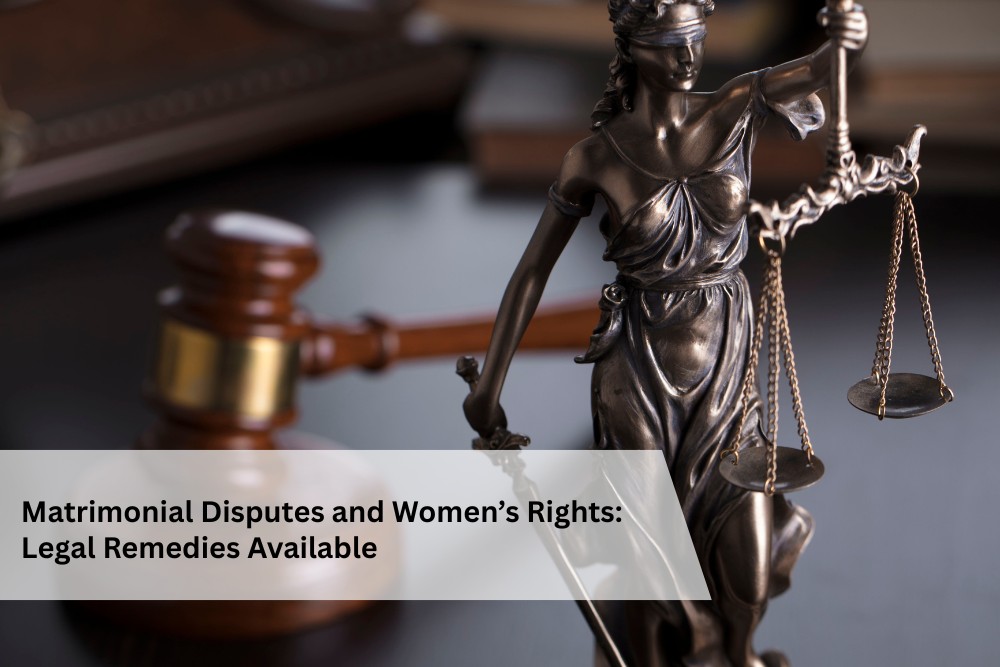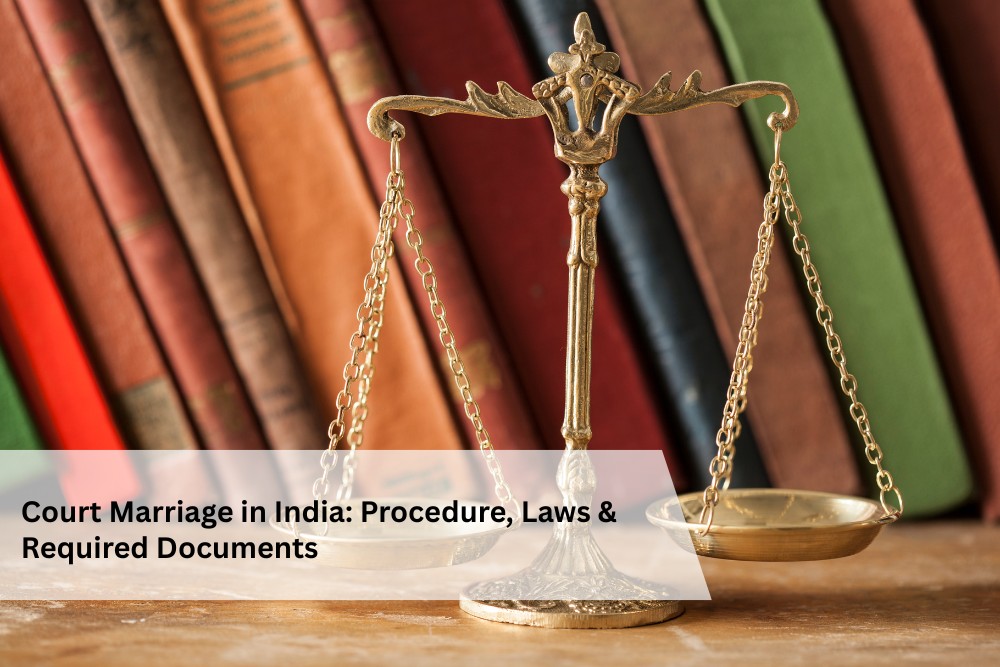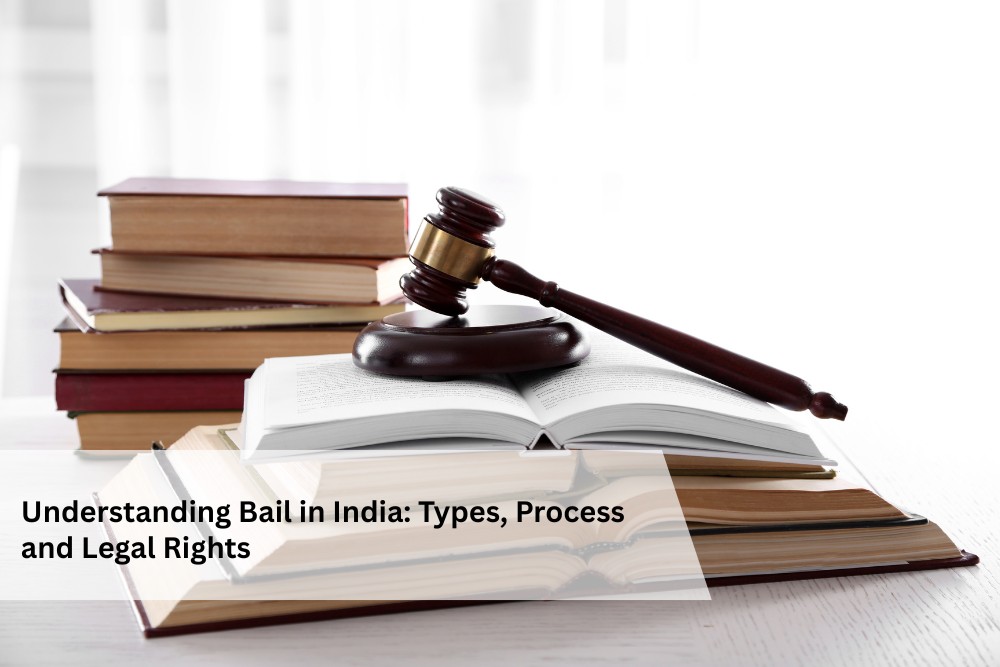
Types of Bail in India
- Regular Bail:Granted under Sections 437 and 439 of the Criminal Procedure Code (CrPC) after a person has been arrested and is in custody. Regular bail is typically granted by Magistrate or Sessions Courts.
- Anticipatory Bail:Defined under Section 438 of the CrPC, anticipatory bail is granted before an arrest. It’s a preventive relief to protect individuals from unnecessary detention if they apprehend arrest in a non-bailable offense.
- Interim Bail:Temporary bail granted by a court while the application for regular or anticipatory bail is pending. It has a fixed duration and comes with conditions.
The Legal Process to Apply for Bail
Filing the Application:
The accused or their advocate files a bail application before the appropriate court (Magistrate, Sessions, or High Court).
Court Hearing:
The court hears arguments from the defense and prosecution.
Factors such as the nature of the offense, criminal history, flight risk and possibility of evidence tampering are considered.
Grant or Rejection of Bail:
The court may grant bail with conditions or reject it, citing valid reasons.
Important Provisions of CrPC Related to Bail
Section 436: Bail for bailable offenses — a right and not a privilege.
Section 437: Bail in non-bailable offenses — subject to judicial discretion.
Section 438: Anticipatory bail for those who apprehend arrest.
Section 439: Special powers of High Court or Sessions Court to grant bail.
Legal Rights of the Accused in Bail Matters
Right to Be Informed: The accused has the right to know the grounds of arrest and be informed about bail rights.
Right to Legal Representation: Everyone has the right to be defended by a legal practitioner of their choice.
Right to Apply for Bail: The right to seek bail is constitutionally protected and recognized under Indian law.
Right to Fair Hearing: Courts must give a fair opportunity to both prosecution and defense.
Grounds for Granting Bail
Nature and seriousness of the offense
Evidence available against the accused
Accused’s criminal record
Probability of tampering with evidence or influencing witnesses
Health, age and personal circumstances of the accused
Grounds for Denial of Bail
Possibility of absconding
Threat to public safety
Interference with the investigation
Nature of offense (e.g., terrorism, rape, or severe economic offenses)
Landmark Judgments Related to Bail
State of Rajasthan vs. Balchand (1977): Laid the principle that bail is the rule and jail is the exception.
Gurbaksh Singh Sibbia vs. State of Punjab (1980): Established guidelines for granting anticipatory bail.
Sanjay Chandra vs. CBI (2011): Emphasized the importance of granting bail unless absolutely necessary to detain.
Role of Legal Professionals and Coordination Platforms
Platforms like BGD Associates play a key role in helping individuals apply for bail by connecting them with experienced criminal lawyers practicing in district courts, the Delhi High Court and even the Supreme Court of India. Through timely communication, document assistance and legal coordination, BGD Associates ensures that clients get efficient support in urgent bail matters.
How BGD Associates Can Help in Bail Matters
Case Assessment and Consultation
Drafting of Bail Applications
Coordination with Advocates
Filing and Representation in Courts
Follow-up on Hearings
Conclusion
Understanding bail laws in India is crucial for those facing criminal charges. Knowing your legal rights, the process involved and the different types of bail can make a significant difference in the outcome. With professional support from platforms like BGD Associates, individuals can navigate the legal system with clarity, efficiency and confidence.


